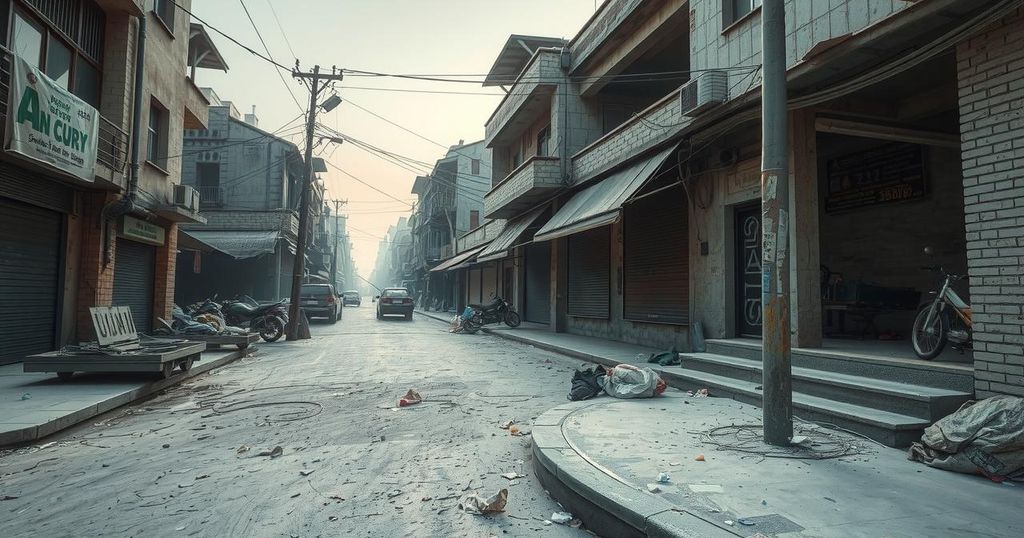World Bank Reports 46% of Nigerians Now Live Below Poverty Line Amid Rising Inflation

According to the World Bank, nearly 50% of Nigerians live in poverty due to inflation that outpaces minimum wage growth. The May 2025 Nigeria Development Update reveals that 46% of Nigerians are below the international poverty line. The report criticizes the disparity between economic growth figures and the everyday realities of citizens, emphasizing the need for substantial reforms to improve livelihoods.
In a stark revelation, the World Bank has reported that nearly half of Nigeria’s population now lives in poverty, largely due to inflation surpassing the effects of the country’s minimum wage. The findings were unveiled in the Bank’s May 2025 Nigeria Development Update (NDU), which was published in Abuja. According to the report, approximately 107 million Nigerians, or 46 percent of the population, are living below the international poverty line set at $2.15 per day as of 2024.
The NDU highlights a dire situation, describing how rising inflation and stagnant growth have escalated levels of hardship among the populace. Since the fiscal years of 2018 and 2019, about 40 million more individuals have been compelled into poverty. The observation is particularly troubling for a nation posited as Africa’s largest economy. The Bank noted, “Successive years of rising inflation and sluggish growth have increased poverty and hardship levels.”
Moreover, the World Bank pointed to a severe disconnect between Nigeria’s economic statistics and the lived experiences of its citizens. Despite apparent GDP growth, financial benefits remain elusive to many Nigerians. The report states, “Labour incomes have not kept up with inflation, depleting the purchasing power of Nigerians. Poverty has deepened and broadened, especially among urban Nigerians.”
The World Bank also delivered a pointed comparison, revealing that Nigeria’s annual GDP per capita is only 4.4% of that of Singapore and just 30% of Botswana’s—another African nation praised for its superior economic management. “If Nigeria’s current annual economic output was equally distributed, this would be sufficient to eliminate poverty, but it would still leave Nigerians far behind the global prosperity frontier,” the report expressed.
With a population estimated at 232.7 million and a GDP of ₦277.5 trillion for 2024, an analysis conducted by the Bank suggests that if the country’s economic outputs were divided equally, each citizen could potentially receive about ₦100,000 monthly. However, the reality is that this sum falls short of covering basic necessities in urban areas impacted by soaring inflation.
Compounding the situation, a recent disclosure from a federal lawmaker has shed light on the lavish earnings of Nigeria’s political elite. Following the removal of the fuel subsidy under President Bola Tinubu’s administration, an escalation in funds allocated for so-called “constituency projects” has been noted. The lawmaker reported that no Senator receives less than ₦2 billion for these projects, while members of the House of Representatives are awarded a minimum of ₦1 billion each. This revelation at a public gathering in Osun State has incited fresh outrage over pervasive corruption and opaque financial practices within Nigeria’s legislative branch.
The World Bank’s latest findings underscore a troubling trend in Nigeria, where nearly half of the population is affected by poverty while inflation erodes the value of wages. With stark comparisons to other countries and alarming insights about political elites’ earnings amidst widespread economic hardship, the report paints a grim picture. As discontent grows, the urgent need for meaningful reforms in both governance and economic policy is evident if any progress is to be made in lifting Nigerians out of poverty and enhancing their living conditions.
Original Source: saharareporters.com








